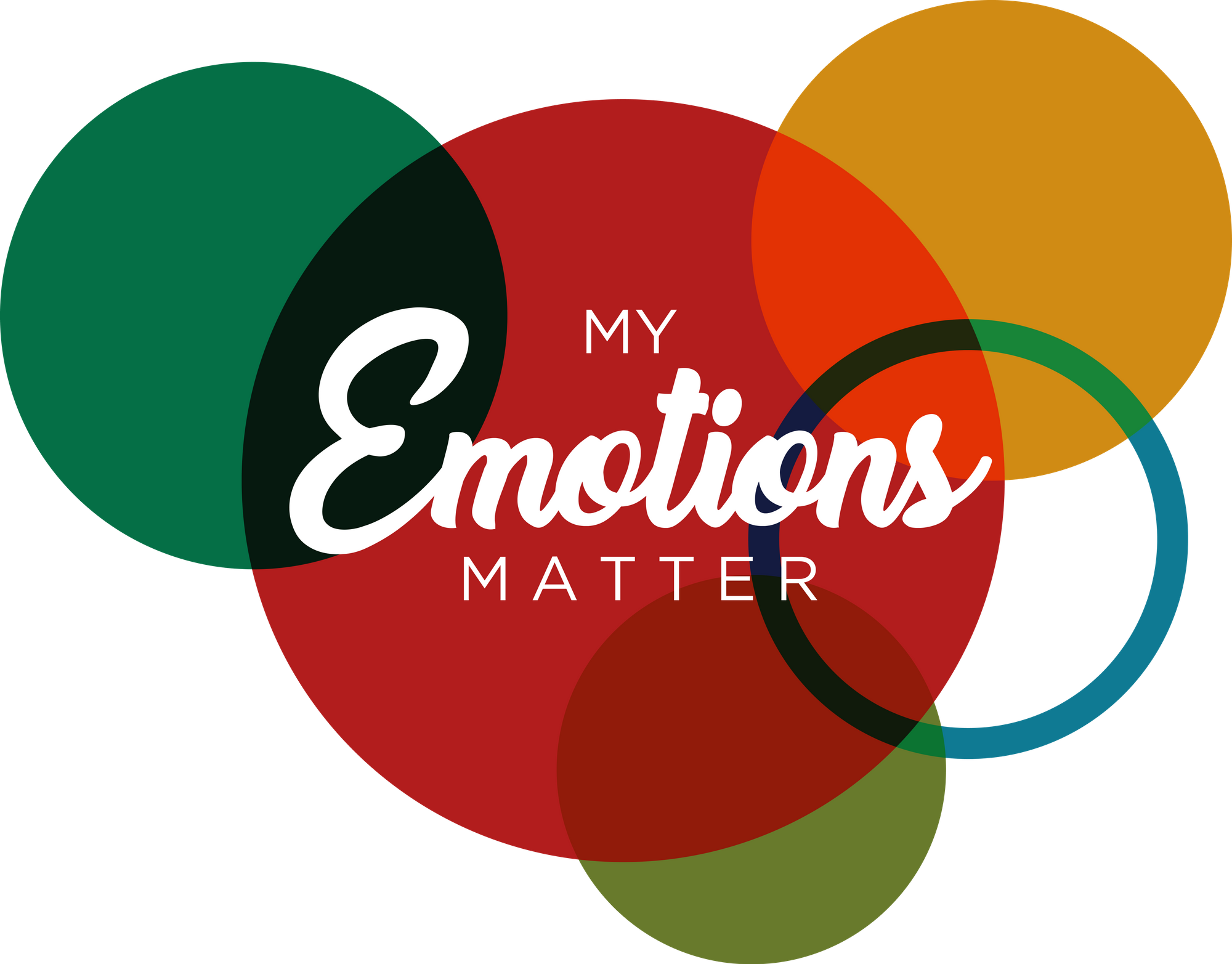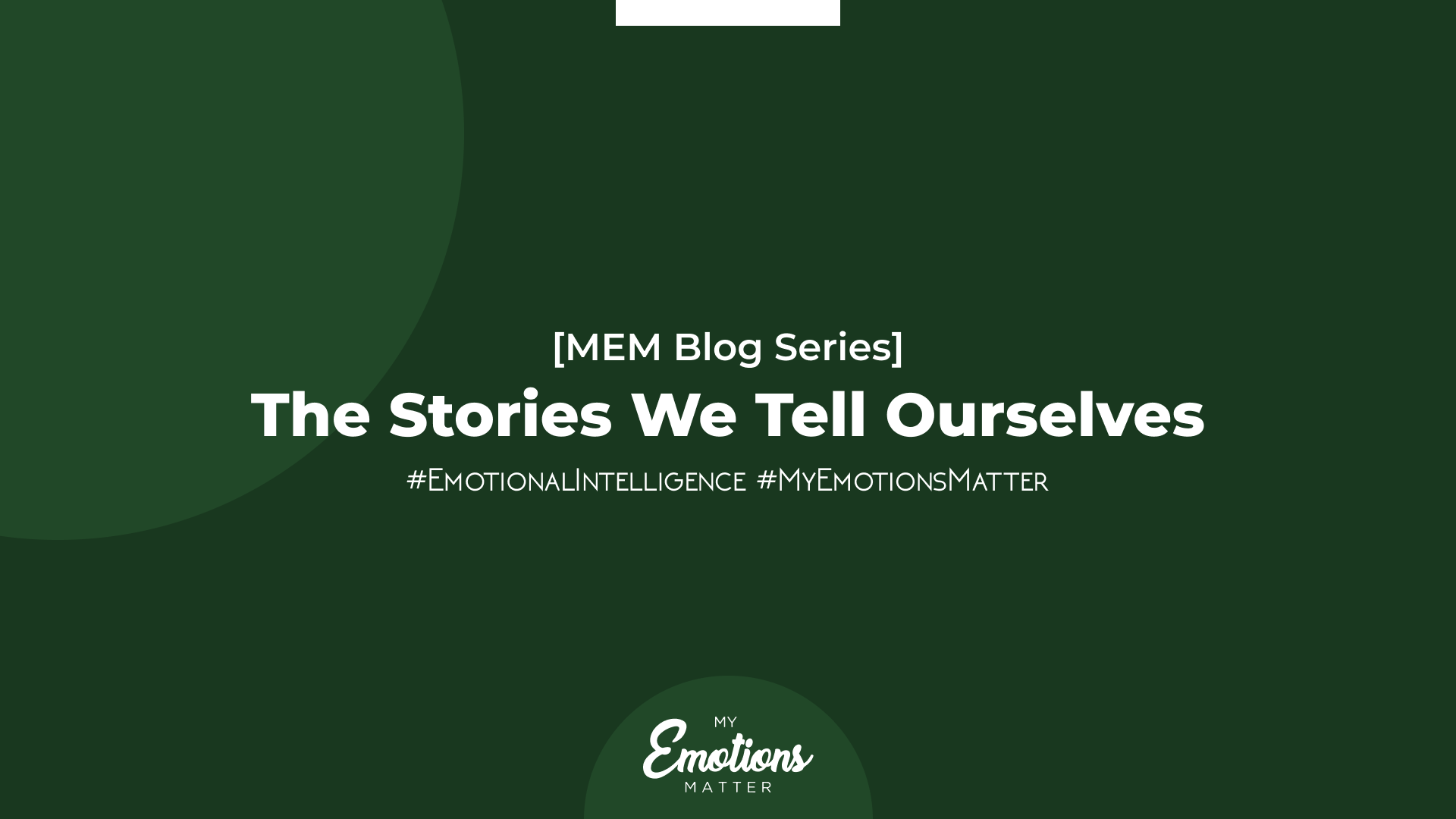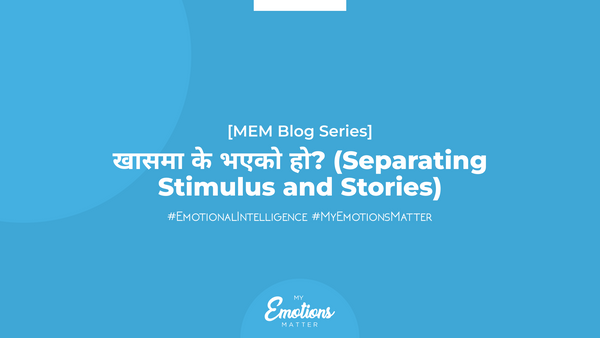The Stories We Tell Ourselves
September 22nd, 2018—it was a good evening at home before I fell on the staircases and hurt my knee. I was in pain, but I was sure I would be okay. Not much later, as I was about to call it a day and go to sleep, I lost my balance and fell again. I heard a popping sound from my left knee, and a shrill cry escaped my mouth. I felt extreme pain in my left leg. It was an unceasing torment for hours.
The next day at the hospital, the doctor found I had a medial collateral knee ligament tear. They prescribed some medicines and suggested precautions. The sky fell on me when they told me I should be on bed rest for at least three months to recover well. My eyes instantly filled with tears, and I could not process what I had heard for hours. I came back home to have a crushing breakdown.
I resented that I had to walk on crutches. I turned bitter because I had to depend on others for the smallest of my needs. I often questioned what I had done to deserve such a misfortune. I felt isolated and disconnected because I could not go to work and meet my colleagues and friends. The loss of autonomy made me hopeless.
As days passed and it all got too much to take—I started seeing how I was walking away from the kind of person I have always wanted to be—thoughtful, reflective, and empathic. After the accident, I lost touch with those values. I realized how I was constructing my narrative identity into a contaminative one. Dan McAdams, a psychologist at Northwestern University, describes that narrative identity is the internalized story we create about ourselves based on our life experiences. We make narrative choices based on the extraordinary events we experience, good and bad. Such experiences help us make sense of life and shape ourselves.
Based on these narrative choices, we tell two kinds of stories—redemptive and contaminative. The kind of stories I told myself while initially recovering from the injury was contaminative. Such stories make individuals interpret and express their lives as going from 'good' to 'bad.'
Telling a contaminative story, as McAdams puts it, makes us less generative or driven to contribute to the lives of others. We are also likely to be more stressed and anxious. We see life as meaningless. Reflecting on these aspects, I soon felt I needed to change my approach to seeing the situation. I knew that if I continued to feel miserable for long, it would change me for the worse.
Soon, I started revisiting pursuits and people that made my life meaningful. I took time to meditate, journal, and read. I wrote poems to revive my creativity. Talking to my close friends gave me immense hope. I utilized my days reevaluating choices—ranging from decluttering my social media feed to decluttering my relationships. Soon the agony and angst I had toward life started transforming into meaningful engagement and gratitude. This change in choice of my narrative made me view my life from a redemptive lens.
People tell redemptive stories about their lives when they see their lives going from bad to good. Based on several years of his studies, McAdams has found that behind redemptive stories are people who find their lives meaningful—as defined by growth, belonging, and purpose. It allows individuals to see life constructively. They have a sense of autonomy over their lives and feel love and gratitude. They find it easier to let go and redeem the obstacles they face through the good outcomes they experience.
Ideally, we would all want to tell redemptive stories, but speaking from my experience—it is easier said than done. It needs grit, gratitude, and an optimal everyday effort to see our lives in a redemptive light. Loss of autonomy, strained relationships, unproductive work indulgence, and existential dread are among the many things that can go wrong in our lives. The choice is ours. Do we want to tell contaminative stories by blowing all the unfortunate things happening out of proportion? Or do we want to tell redemptive stories defined by growth, contribution, and emotional maturity instead?




